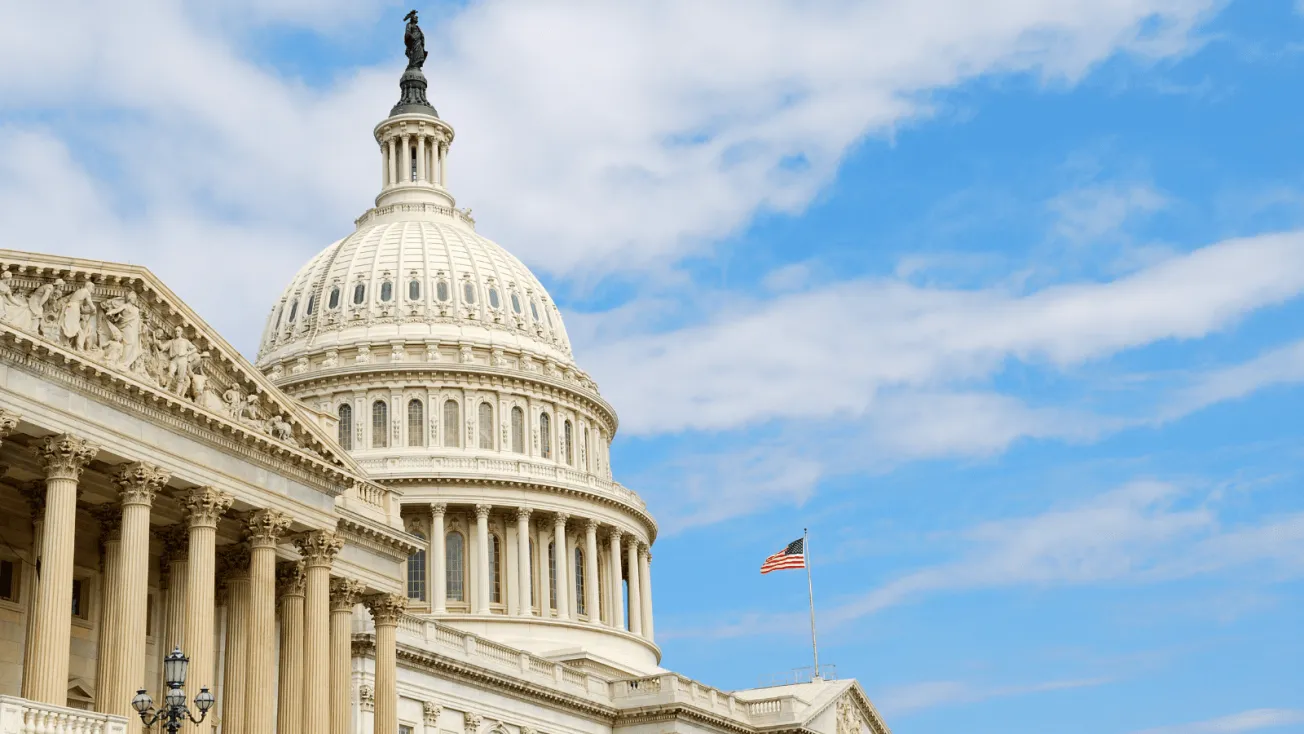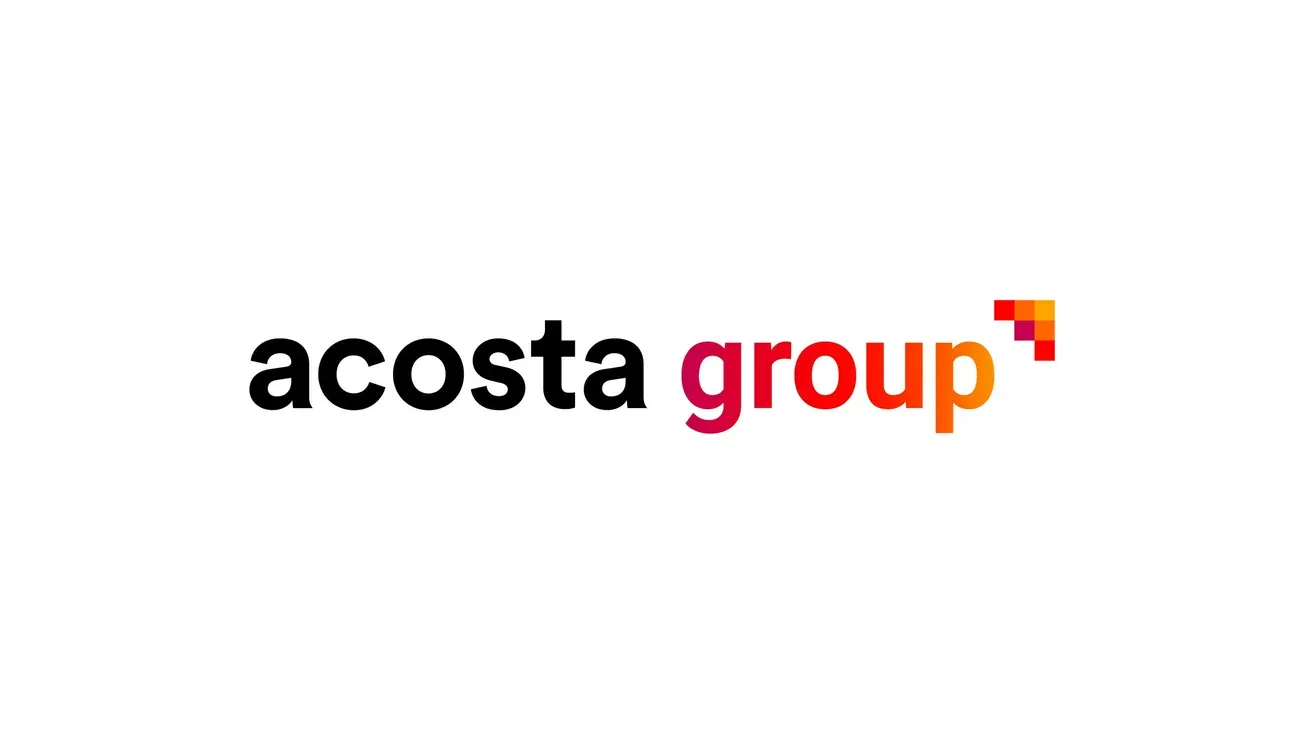For the first time since 1969, the White House convened a conference on hunger, nutrition and health. The meeting, which late last month brought together government officials and leaders from the business, civic, philanthropic and academic sectors, was intended to put the country on course to achieve two of President Biden’s major objectives — ending hunger and cutting the incidence of diet-related disease — before the start of the next decade.
 “If you look at your child and you can’t feed your child, what the hell else matters?” said an impassioned Biden. “In America, no child should go to bed hungry. No parent should die of disease that can be prevented.”
“If you look at your child and you can’t feed your child, what the hell else matters?” said an impassioned Biden. “In America, no child should go to bed hungry. No parent should die of disease that can be prevented.”
The comprehensive approach proposed by the administration rests on five pillars — improving food access and affordability, integrating nutrition and health, empowering consumers to make and have access to healthy choices, supporting increased levels of physical activity, and enhancing nutrition and food security research. Some of the needed measures can be implemented by executive action; others require approval from Congress, where prospects are at best uncertain.
Fortunately, nongovernmental participants in the White House conference, including the nation’s food and pharmacy retailers, don’t face that impediment. The National Association of Chain Drug Stores, FMI – The Food Industry Association, and several individual pharmacy and supermarket companies — a group that included Albertsons Cos., Hy-Vee, Kroger, Meijer, Publix and Walgreens — were among the entities that pledged to invest a total of more than $8 billion to help close gaps in nutrition and health care. Commitments range from Albertsons’ multifaceted approach, which includes the communication of 50 million recommendations for improving nutrition to online food shoppers by 2024, to Walgreens’ plan to increase the assortment of fresh food by 20% in its drug stores by 2030.
By this time, mass market retailers’ ability to make a positive impact on public health should be a given. During the pandemic, pharmacy operators stepped up to invigorate the government’s foundering COVID immunization program. Capitalizing on their local presence and the trust that the professionals who staff their stores have earned in the community, retail pharmacies have thus far administered more than 270 million doses of the COVID vaccines, two-thirds of the total. That track record gives one confidence that food and drug retailers will make substantive contributions to the drive to end hunger and improve the health of all Americans.





